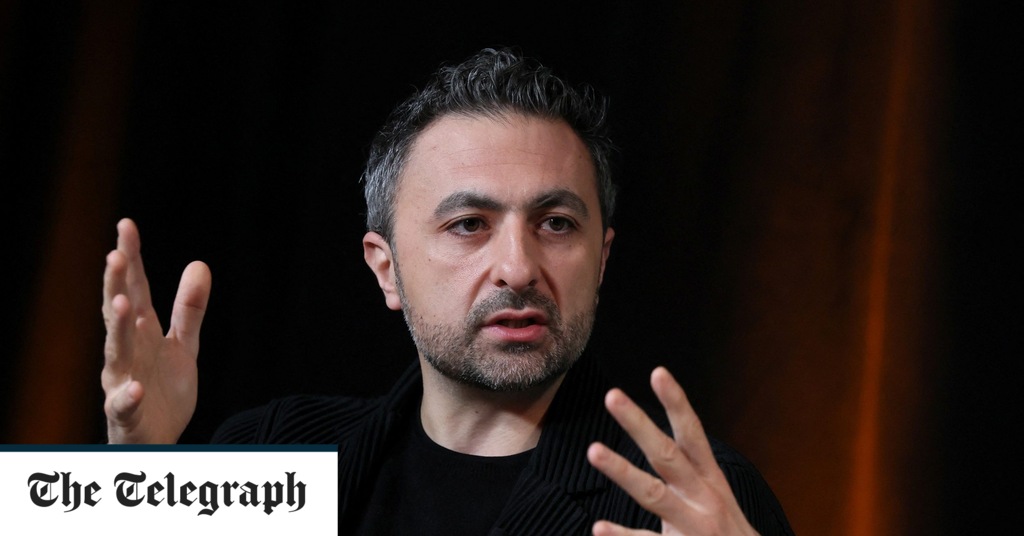- cross-posted to:
- technology@lemmy.ml
- cross-posted to:
- technology@lemmy.ml
Google has plunged the internet into a “spiral of decline”, the co-founder of the company’s artificial intelligence (AI) lab has claimed.
Mustafa Suleyman, the British entrepreneur who co-founded DeepMind, said: “The business model that Google had broke the internet.”
He said search results had become plagued with “clickbait” to keep people “addicted and absorbed on the page as long as possible”.
Information online is “buried at the bottom of a lot of verbiage and guff”, Mr Suleyman argued, so websites can “sell more adverts”, fuelled by Google’s technology.



I know I’m dreaming here, but central internet services like google search and youtube should be utilities controlled by the public.
The video pool that Youtube draws from, generated by the public, should be public property, hosted on public servers, internationalized somehow, with an opensource market of frontend interfaces and algorithms to deliver that content to people, instead of one youtube algorithm and one interface designed to meet the profit incentives of google. People should be free to use the algorithm and interface they find most useful.
This was started over two decades ago, but never came about because the copyright cartel destroyed it. It was called peer to peer (p2p) tech.
The cartel even tried to pass laws which would allow them to control what media you could have on your computer. (The SSSCA and later CBDTPA) This is where the term Digital Rights Management came from.
Former govt IT employee here. Trust me, you really don’t want the govt in charge of media platforms. So what’s the alternative? Well, at least in the USA, we have this idea of publishers and platforms baked into law, however, it’s mostly ignored because right now because the govt and media are on the same side. (Heyoo! The fourth estate aligns with the fifth column.) What we need is to fortify that idea AND entrench net neutrality into a formal perpetual law AND codify all wireless and wired communications as public utilities.
That’s genius.